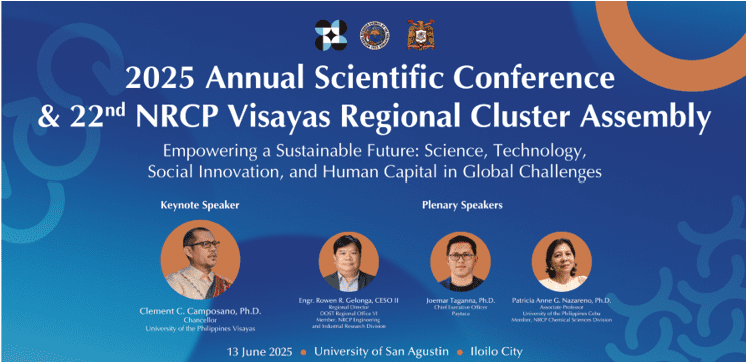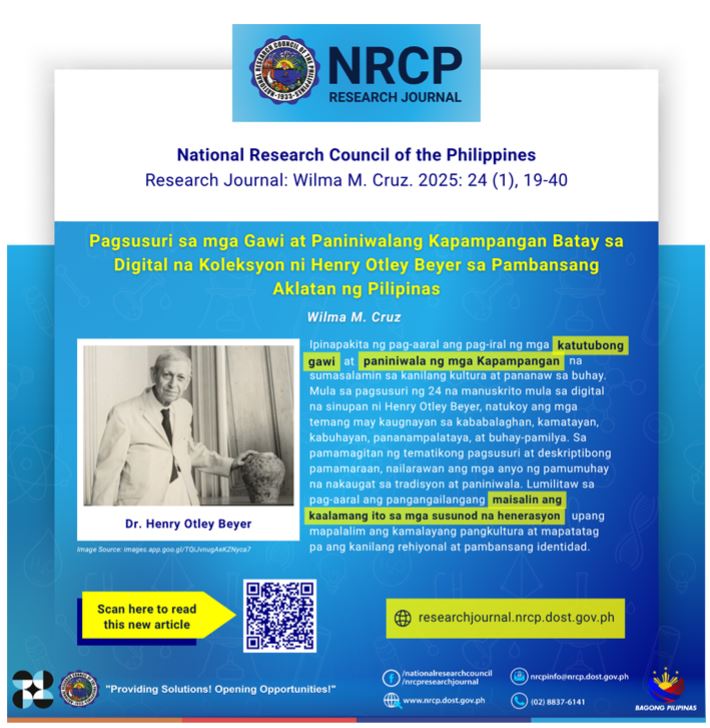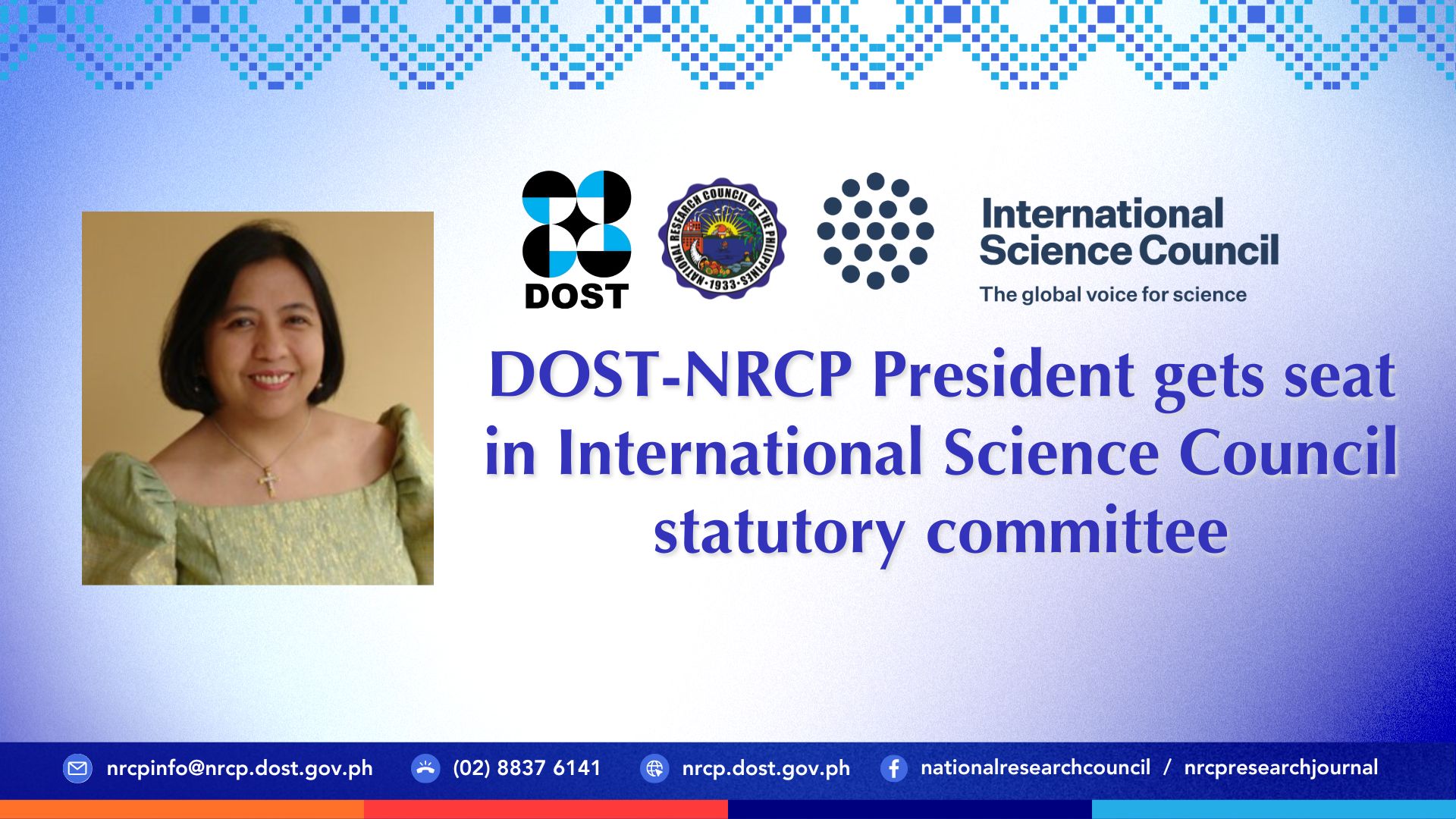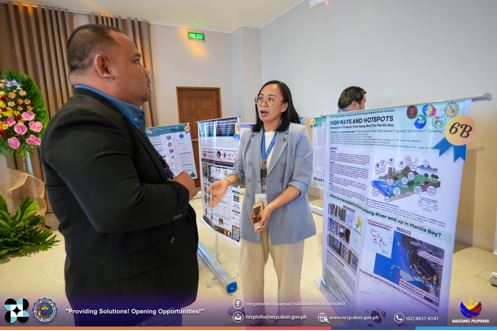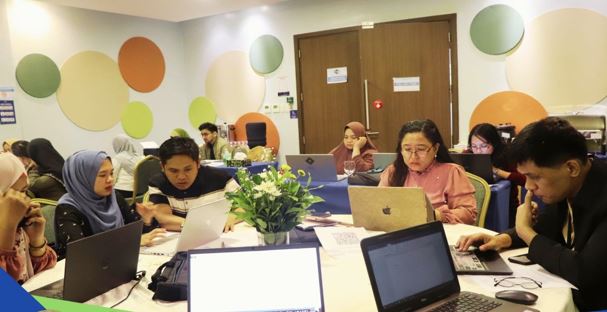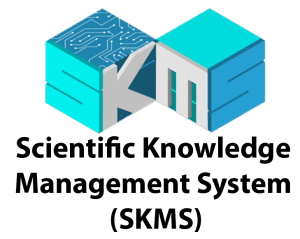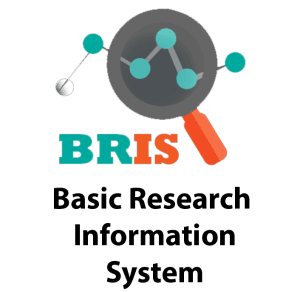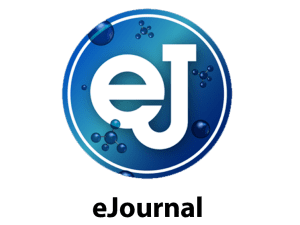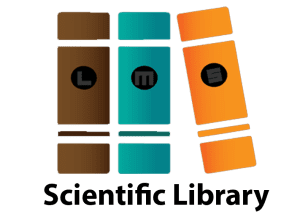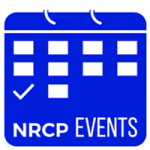RDLead Expands Reach to Underserved Academic Institutions through Nationwide Awareness Campaign
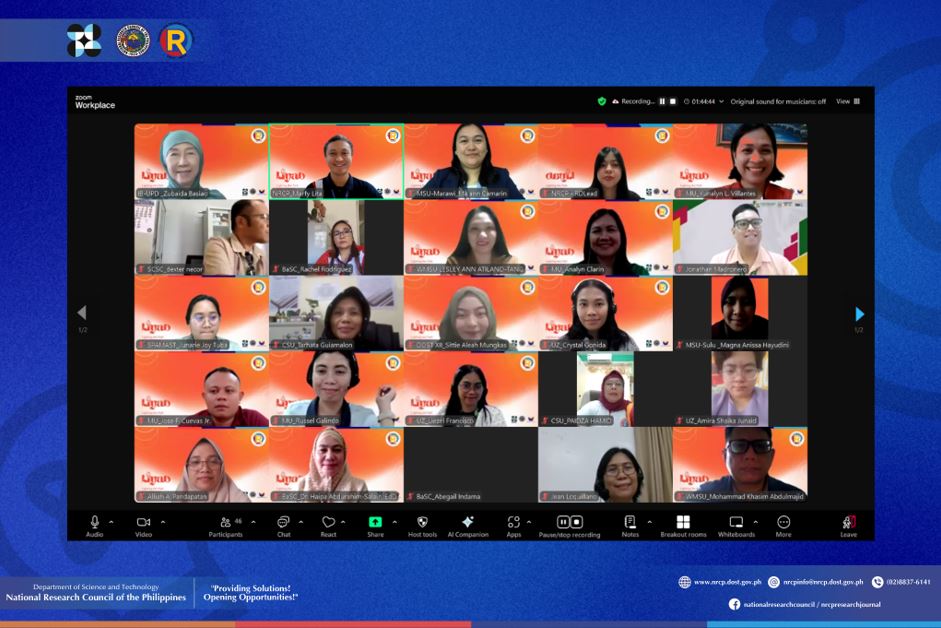
The Department of Science and Technology, through the National Research Council of the Philippines (NRCP), is expanding the reach of its flagship mentorship program, Research and Development Leadership (RDLead), to more state colleges and universities, and emerging research institutions that remain underserved in the national R&D ecosystem.
This push toward greater inclusivity was the focus of a nationwide online campaign dubbed as LIYAB: Lighting the Path to an Inclusive Research Ecosystem, held from May 6 to 9, 2025. LIYAB introduced the program to schools and agencies unfamiliar with the support available through RDLead. The activity forms part of DOST’s broader goal of strengthening the research capability across all regions by pairing local institutions with experience Filipinino scientisrs and engineers, know as RD Leaders.
“We’ve seen success stories in well-established institutions. Now we’re addressing the gap by reaching colleges and universities that have never received DOST support, but have the potential to grow,” said Dr. Bernardo N. Sepeda, NRCP Executive Director and RDLead Project Leader.
Showcasing RDLead’s Impact
During the campaign, participants were introduced to the core objectives or RDLead: building institutional research roadmaps, mentoring early-career researchers, and assisting in the preparation of proposals for external funding. RD Leaders are deployed across the country under the Science for Change Program (S4CP), where they work directly with institutions to build long-term research capabilities.
One of the highlights of the event was the screening of Sulô (Torch), an RDLead produced documentary that shared stories of transformation, where once-inactive research institutions began to flourish under the RDLead program. The film spotlighted how some institutions moved from having zero grant applications to securing substantial project funding and expanding faculty research engagement.
Stories from the Ground
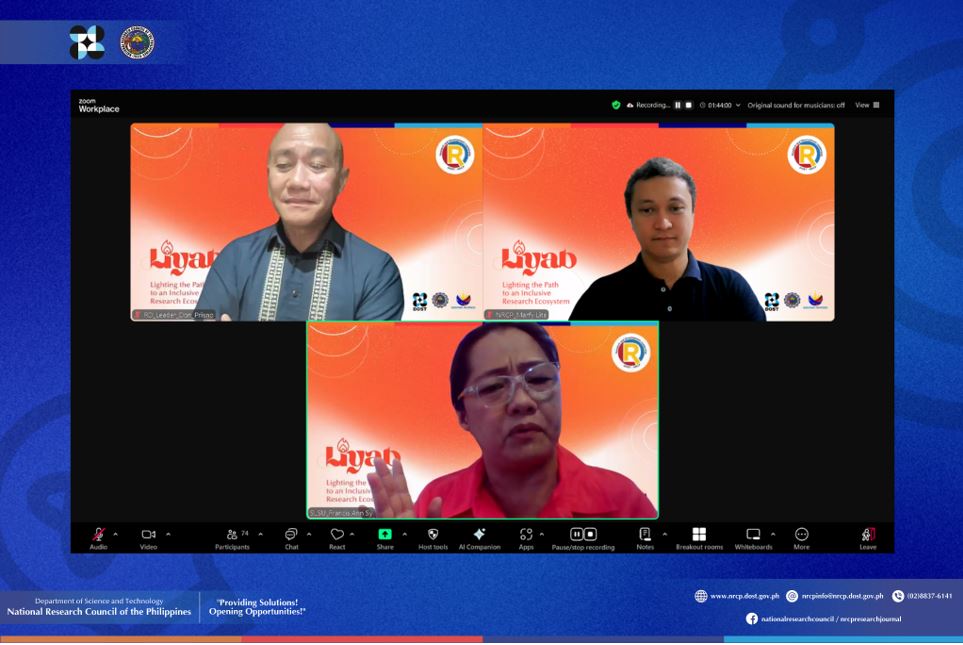
The activity featured live interviews with RD Leaders and their mentees from four regional clusters, who shared firsthand how the program helped advance their research culture:
- North Luzon (Saint Mary’s University) Dr. Rennan G. Baldovino and Engr. Angelino A. Pimentel
- South Luzon (Catanduanes State University) Dr. Leny C. Galvez and Mr. Aljon Francis Koji Elegado
- Visayas (Southern Leyte State University) Dr. Don Eliseo Lucero-Prisno III and Dr. Frances Ann R. Sy
- Mindanao (Mindanao State University – Marawi) Dr. Zubaida U. Basiao and Dr. Ma-ann M. Camarin
Each pair offered insights into the challenges of building research foundations from scratch and the tangible impact of sustained mentorship on proposal quality, institutional credibility, and staff confidence.,
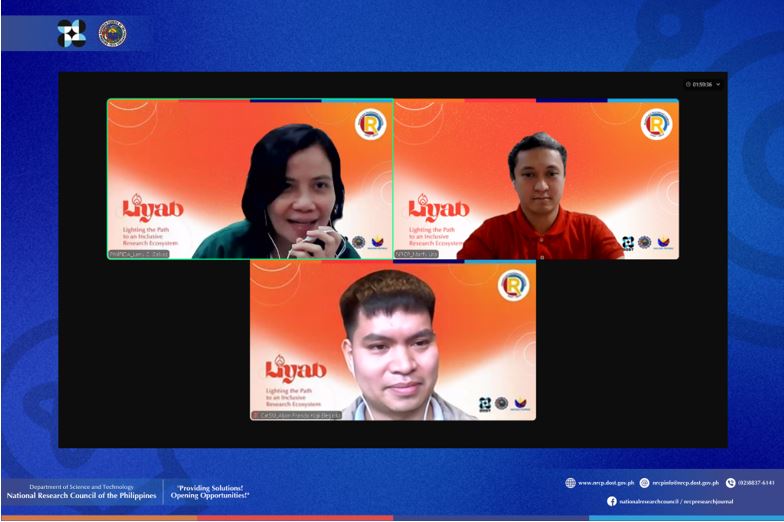
Leadership Messages and Future Collaborations
In her closing remarks, RD Lead program staff Ms. Beverly Mae N. Dela Cruz expressed appreciation for thee active participation of both new and long-time stakeholders.
“We’re optimistic that through LIYAB, we open doors for new collaborations and more inclusive research ecosystem,” she said..
Following the campaign, the RDLead Secretariat received expressions of interest from several institutions, including Gullas College of Medicine in Cebu, Jose Rizal University, and Basilan State College. Consultative discussions are underway to help these institutions prepare for engagement with RD Leaders.
TheRDLead Program is funded under the DOST Grants-in-Aid Program through the project titled Enhanced Research and Development Leadership to Foster an Inclusive Research Ecosystem (RDLead FIRE). (Marfy H. Lita, S&T Media Service)






